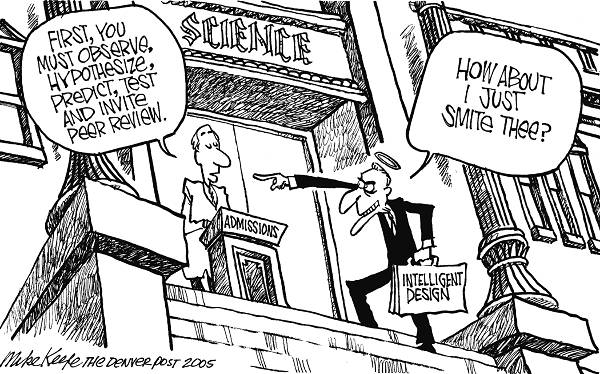
So, in my capacity as a "Grad Student" (don't ask why I just put that in quotes, but I'm sure, like mashed potatoes, it means something) I get to be a Teaching Assistant (T.A.) for an undergraduate course. In my capacity as a T.A., I get to run a weekly tutorial for about 1/4 of the students in the course.
Now, the course I am a TA for is a technology course. Not Comp Sci or anything particularly intensive, just a course that gives the students a sense of the major issues in technolog, what we are capable of, where we're going, and where we're totally lost.
Each week in my tutorial, a group of 4-6 students gives a presentation on a particular technology, and talks about some of the issues involving that technology. This past week, the larger theme of the week was "Computers That Feel", and the group took the approach that they were going to prove that, at some point in the future, computers will have the ability to feel. (It was a really good presentation, just in case you were wondering.)
Anyway, one part of the presentation was a timeline featuring a comparison of human evolution, computer evolution, and affective computing (the preferred term for emotional computers) evolution. Their point was the computer evolution, and affective computing evolution, was at a much earlier stage than we humans were.
Then it occurred to me. They were, albeit unintentionally I'm sure, promoting the intelligent design argument. And what is even more interesting, is that the professor had done the same thing. Because the professor herself had mentioned the same thing in her lecture on the subject.
Their argument was that we humans had evolved and developed our emotions over a long period of time (millions of years, to be preciseish.) And that computers and affective computers were at a relatively infant stage by comparison. But computers aren't following an evolutionary process. We, or at least computer people, are constantly guiding and shaping how computers develop. Some developments are made for consumers, some for the business side, some for the technological side, and some are made just for the pure and simple joy of making a change. But no matter what changes are made, or what the rationale behind making such decisions, the fact remains that humans are guiding the evolution of computers.
If we are guiding the evolution of computers, then to use that comparison suggests the concept of intelligent design. And, in the world of technological evolution, we are gods. And if we are gods, and technology is our creation, then what does that say about our vision of what God is, does, and wants?


No comments:
Post a Comment